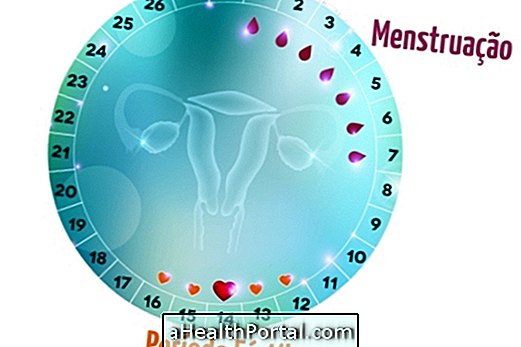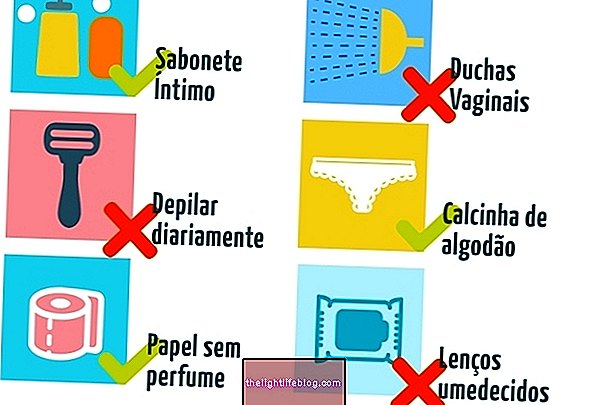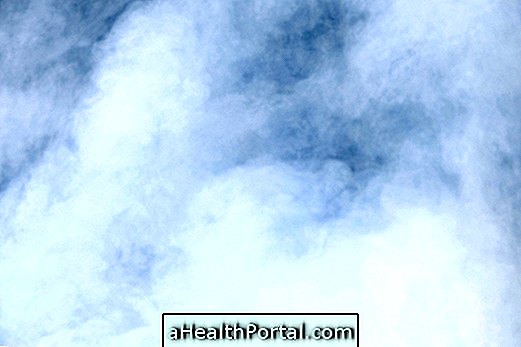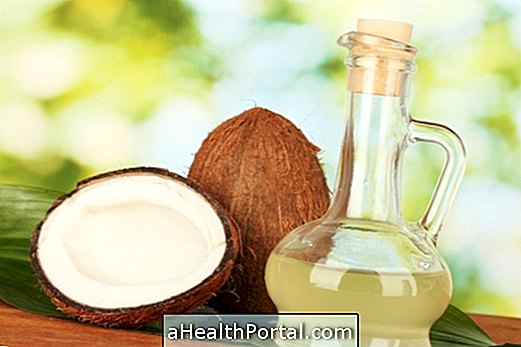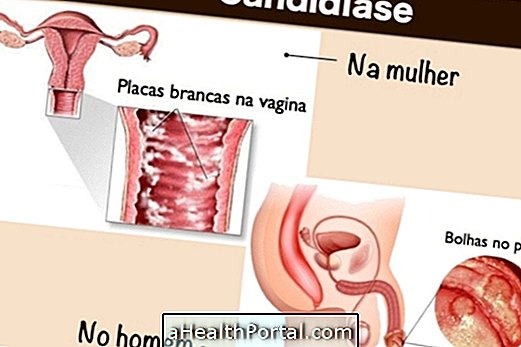Cold sores in pregnancy do not pass on to the baby and does not detract from their health but should be treated as soon as they arise to prevent the virus from passing into the woman's intimate region, causing genital herpes, a more serious type of the disease that can contaminate the baby.
Cold sores in pregnancy are normal because there is a weakening of the pregnant woman's immune system leading to the onset of herpes sores in the mouth, which can itch and ache.

Treatment of cold sores in pregnancy
Treatment of cold sores in pregnancy can be done with antiviral ointments or oral antiviral drugs such as acyclovir, valaciclovir or famciclovir, for example, under the indication of the obstetrician accompanying pregnancy, as there is no consensus on the use of these medicines during pregnancy.
However, the pregnant woman can resort to an alternative treatment for cold sores with propolis extract to relieve inflammation and to heal the wound, putting 2 to 3 drops in the wound until it disappears, because the propolis extract has anti-inflammatory, healing and antiviral drugs.
It is also important to remember that if the pregnant woman has a cold sore after birth, she should avoid kissing the baby and always washing her hands before touching her to avoid transmitting the virus.
Genital Herpes in Pregnancy
Although cold sores are not dangerous in pregnancy, having genital herpes during this stage of life can cause problems such as on board and delays in the development of the baby.
This is because the genital herpes virus can be transmitted to the baby during pregnancy by the placenta or at the time of delivery if there are lesions of active herpes in the intima. The danger also increases especially when the virus is contracted early or late in pregnancy, and is not treated early on. Here's how to treat genital herpes.


